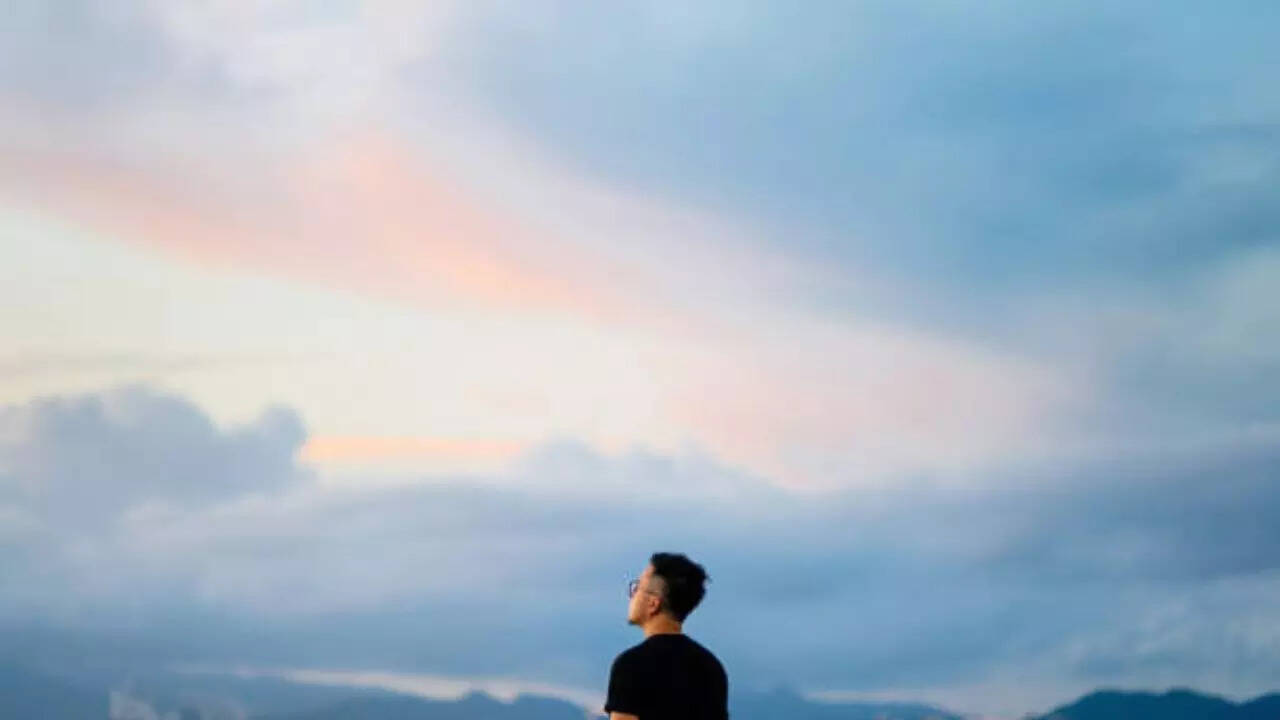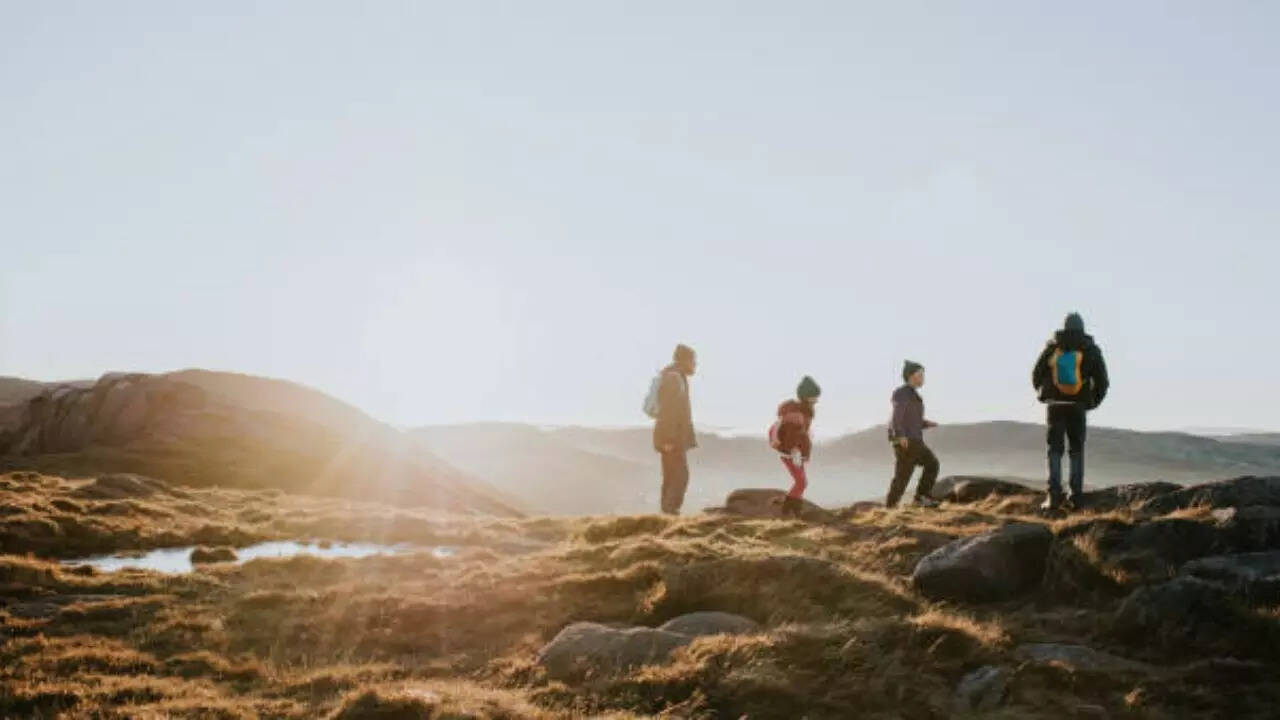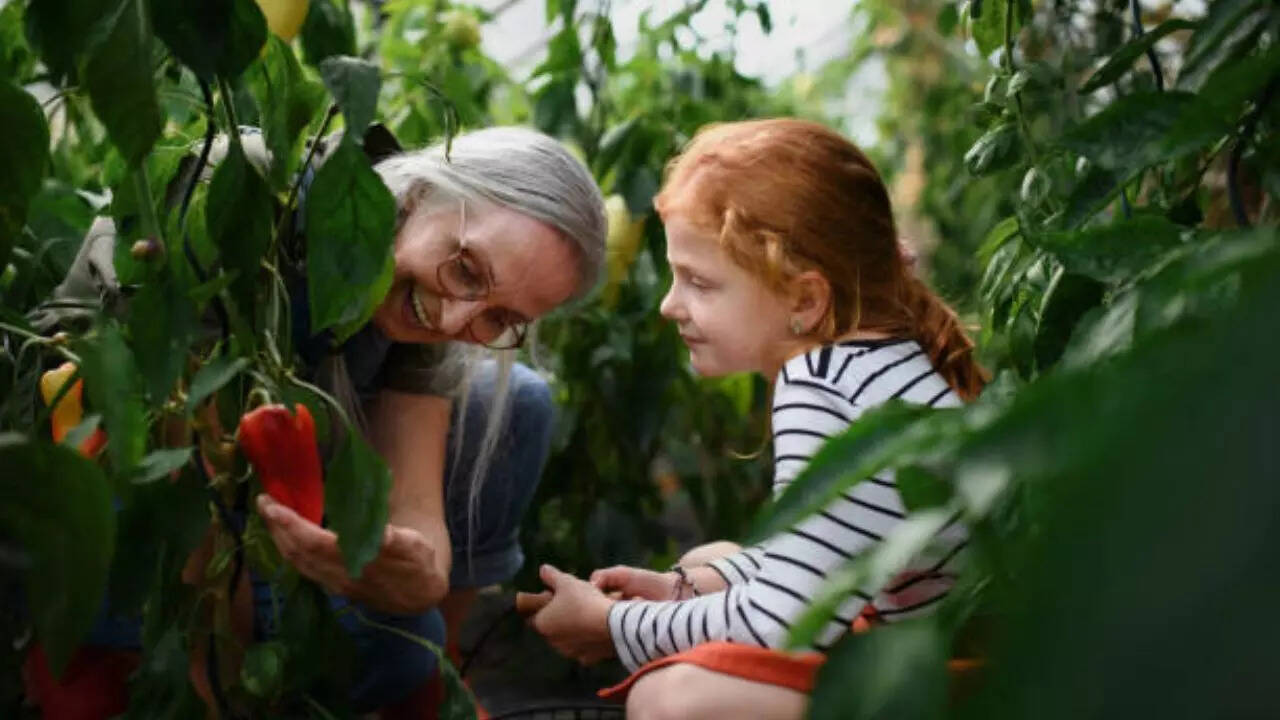 Image credits: Getty Images While most have become aware of the blue zones after reading ‘Ikigai’, some still remain blissfully unaware of a part of the world that many look towards with wondrous eyes. Blue Zones are areas on earth where people reach age 100 at 10 times the rate as in the United States. These areas include Loma Linda in California, Nicoya in Costa Rica, Sardinia in Italy, Ikaria in Greece and Okinawa in Japan.According to The Danish Twin study, only 20% of the longevity of an average person’s life is dictated by their genes, whereas the other 80% is dictated by their lifestyle.Now, after his first trip to Japan, Dmitry Yaranov, MD, Cardiologist took to his Instagram to share 5 daily habits that the blue zone inhabitants in Okinawa follow that can add decades to a person’s life.
Image credits: Getty Images While most have become aware of the blue zones after reading ‘Ikigai’, some still remain blissfully unaware of a part of the world that many look towards with wondrous eyes. Blue Zones are areas on earth where people reach age 100 at 10 times the rate as in the United States. These areas include Loma Linda in California, Nicoya in Costa Rica, Sardinia in Italy, Ikaria in Greece and Okinawa in Japan.According to The Danish Twin study, only 20% of the longevity of an average person’s life is dictated by their genes, whereas the other 80% is dictated by their lifestyle.Now, after his first trip to Japan, Dmitry Yaranov, MD, Cardiologist took to his Instagram to share 5 daily habits that the blue zone inhabitants in Okinawa follow that can add decades to a person’s life.
What are the five habits?
Ikigai

Image credits: Getty Images
‘A powerful sense of purpose that fuels mind and heart resilience,’ wrote the doc with a following of 346K on the social media app. The word essentially translates into “why I wake up in the morning,” as having a sense of purpose is worth up to 7 years of extra life expectancy.
Plant-forward diet

Image credits: Getty Images
The Okinawans follow a plant-based diet which consists of sweet potatoes, tofu, seaweed and greens rich in nutrients but low in inflammation. Meat, mostly pork, is only consumed on an average of 5 times a month in sizes equal to a deck of cards.
Hara Hachi Bu

Image credits: Getty Images
This information is also published in the National Library of Medicine. Those who follow the Blue Zone diet follow the ideal of Hara Hachi Bu which is a 2500-year-old Confucian mantra. It includes eating only till you’re 80% full in order to avoid metabolic stress and promote healthy aging. The 20% gap between being hungry and being full makes the difference in losing or gaining weight. Typically, these people eat their smallest meal in the late afternoon or early evening and skip eating for the rest of the day.
Natural movement

Image credits: Getty Images
Staying healthy also includes physical movement and here people engage in consistent and gentle physical activity such as walking and gardening.
Moai

Image credits: Getty Images
As important as physical well-being is for a person, mental well-being also takes the cake. People living in the Blue Zones have close-knit social circles that protect against loneliness and thus reduce heart risks. According to the NLM study, in Okinawa children at the age of 5 are put into committed social networks so that they grow up knowing there’s always someone there for them.
Clear your arteries: 7 tips for preventing heart blockages naturally
The video has amassed 36.4K views and is in alignment with the information published in the National Library of Medicine about the lives of those living in Blue Zones. Thus, following these steps could add you to the group of centenarians living and thriving in these blue zones across the world.


AloJapan.com